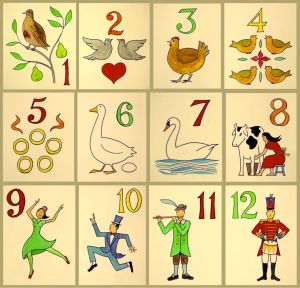 We are grateful to our members and donors, because we are only able to produce this podcast with the generous help of our listeners.
We are grateful to our members and donors, because we are only able to produce this podcast with the generous help of our listeners.
If you enjoy our podcasts, please consider supporting ESL Podcast by becoming a Basic or Premium Member today!
………
ON MONDAY
ESL Podcast 1068 – An Expiring Business Lease
In the Learning Guide: Get a full transcript (written version of every word you hear), vocabulary list and sample sentences, and comprehension questions.
In “What Else Does it Mean,” learn the other meanings of “to bring (something) up” and “to stew.”
In the “Culture Note,” learn about “Common Lease Provisions.”
“Most ‘commercial leases’ (rental agreements for businesses) contain many ‘provisions’…” – READ MORE in the Learning Guide
…
ON WEDNESDAY
English Cafe 485
Topics: Famous Americans – Charles and Ray Eames; The Black Fives Leagues and The Negro Baseball Leagues; inner and outer versus inside and outside; severely versus seriously
In the Learning Guide: Get a full transcript (written version of every word you hear).
In “What Insiders Know,” you will read about “The Naismith Basketball Hall of Fame and the Women’s Basketball Hall of Fame.”
“The Naismith Basketball Hall of Fame ‘honors’ (gives recognition and respect to) basketball players…” – READ MORE in the Learning Guide
…
ON FRIDAY
ESL Podcast 1069 – Disinheriting a Child
In the Learning Guide: Get a full transcript (written version of every word you hear), vocabulary list and sample sentences, and comprehension questions.
In “What Else Does it Mean,” learn the other meanings of “rash” and “will.”
In the “Culture Note,” learn about “The U.S. Probate Process.”
“In the United States, ‘probate’ is the legal process that officially recognizes a will and ‘appoints’…”- READ MORE in the Learning Guide




